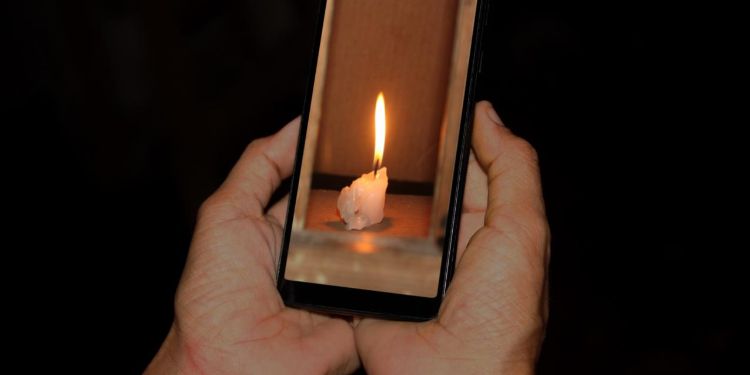
HAVANA, Cuba. – “We hope to have good news next week,” said Cuba’s president Miguel Díaz-Canel, when he concluded his visits to the electric plants that were shut down between June 17 and 19.
While luxury hotels were under construction in the 1970s and 1980s, some thermoelectric plants already had required maintenance for more than 10 years. The Cuban oil that is utilized [to run the plants] is highly corrosive, thus cutting short the life cycle of these plants. That Cuban oil is still being used today is blamed on the U.S. embargo, on the high prices in the international market, and on a lack of liquidity.
In 2022, Cuba will attain 84,906 hotel guest rooms, 5.7%. more than in 2021. Between January and. May, 564,847 visitors have arrived in the island, and the government aims to welcome 2.5 million tourists before the end of the year, a number that is way below the 2019 mark of 4.2 million visitors welcomed in 2019. Competition with the Dominican Republic and the rest of the Caribbean to attract a still-recovering tourism worldwide is very difficult.
The thermoelectric plants began to collapse in mid-May. Cubans alternate the long blackouts –sometimes 12 hours long- on a daily basis with the daily waiting lines to buy food products in state stores, to procure vegetables and other essential products at inflation prices due to the [official] Ordering Task. Anger, incredulity and the desire to emigrate reach all strata of society.
The absence of priorities and investment proportionality worsened with the decrease of the Venezuelan crude oil supply. Allocations began to be cut down in mid-2019. This affects every sector of the economy as well as the ability to import basic supplies for meeting production goals.
Cuban authorities had place all of their eggs in the volatile tourism basket, without reporting to the National Assembly or to the people. Catastrophe hit with the COVID-19 pandemic and the total closing of borders worldwide. However, the decrease in tourism could have had many causes, like for example, inclement weather in tourism-market countries, or the frequent hurricanes that hit the island. This means that the sale of unprofitable hotels could take place in the future, if we keep in mind the pragmatism of Cuba’s rulers and their ups and downs.
This year, the perfect storm took place in Cuba with the simultaneous breakdowns and maintenance shutdowns of the major thermoelectric plants. In light of the crisis, Díaz-Canel made a special appearance on Cuban television on June 16. The blackouts are not just uncomfortable and inopportune, they are maddening. Most Cubans were beginning to leave the traumas brought about by two years of isolating under difficult conditions. Now more than ever, with the anniversary of the spontaneous protests of July 11 and 12, 2021 coming up, the government is trying to restore electrical services in residential areas.
ARTÍCULO DE OPINIÓN
Las opiniones expresadas en este artículo son de exclusiva responsabilidad de quien las emite y no necesariamente representan la opinión de CubaNet.
Recibe la información de CubaNet en tu celular a través de WhatsApp. Envíanos un mensaje con la palabra “CUBA” al teléfono +1 (786) 316-2072, también puedes suscribirte a nuestro boletín electrónico dando click aquí.
Fuente Cubanet.org




 Argentina
Argentina USA
USA Paraguay
Paraguay España
España Israel
Israel















